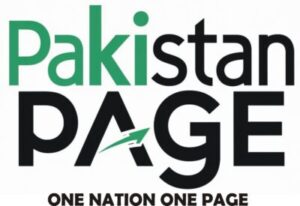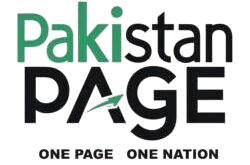Islamabad :“Pakistan is facing a public health emergency of an unprecedented scale. It is high time we take bold steps to protect our people from the growing burden of disease,” said Major General (R), Dr. Masuod Ur Rahman Kiani, President of the Pakistan National Heart Association (PANAH) here on Tuesday.
According to the International Diabetes Federation’s Diabetes, Pakistan now has the highest rate of diabetes in the world, with over 35 million adults (31.4%) of aged 20–79 living with the disease. This number is set to reach 70 million by 2050, if no immediate policy action taken. “No country can treat such a huge number and we must focus on prevention,” he added.
Several civil society organizations, medical organizations, and health institutions including Pakistan National Heart Association, Diabetic Association of Pakistan, Heartfile, International Diabetes Federation, Center for Peace and Development Initiative, Ministry of National Health Services, Regulations and Coordination, Pakistan Medical Association, World Bank, World Health Organization, and SUN Civil Society Alliance expressed support for the proposal submitted by the Ministry of Health that recommends increasing taxes on juices (including fruit juices), carbonated beverages, squashes, syrups, energy drinks, iced tea and flavored milk to 40 percent during the 2025-26 finance bill. Prof. Dr. Shakeel Mirza, a renowned Endocrinologist from Rawalpindi said that “The several research studies confirm that the regular consumption of juices and other sugary drinks are among the major cases of obesity, type 2 diabetes, heart diseases, several types of cancer, and liver and kidney diseases. The regular consumption of sugary drinks is putting serious threat to public health and economy of the country”.
The broader health and economic impact of non-communicable diseases (NCDs) is staggering. Between 2010 and 2025, NCDs are projected to cost Pakistan between $358 billion and $862 billion in economic losses—an economic catastrophe in slow motion. The annual cost of diabetes only is exceeding to USD 24 billion, if we include the productivity losses. The annual productivity loss of a diabetic patient reaches to USD 740/ which is nearly 50% of the per capita income of an average Pakistani.
“The beverage industry uses many tactics to misguide the policy makers to oppose taxes increase on sugary drinks. The per capita fruits and vegetable consumption is low in Pakistan as the beverage companies misguide consumers through their marketing tactics and falsely promote their juices and other sugary drinks having high amount of sugars as an alternative of fruits, said by Dr. Saba Amjad, CEO Heartfile.
“Taxing on juices, including sugary drinks, is a globally proven measure that brings a triple win to people of Pakistan. This would not only reduce harmful consumption, reduce hospital expenditure, reduce deaths and diseases but also brings economic benefits,” stated Dr. Kiani. A World Bank 2022 study found that a 50% excise tax on sugary drinks could generate $51 million in additional tax revenue, and create $7 million in annual health value.
PANAH urges the government to prioritize public health in the upcoming budget by increasing taxes on all sugary drinks, including juices. “It is time for courageous leadership. The cost of inaction is far greater than the cost of implementing this tax.” concluded Dr. Kiani.

